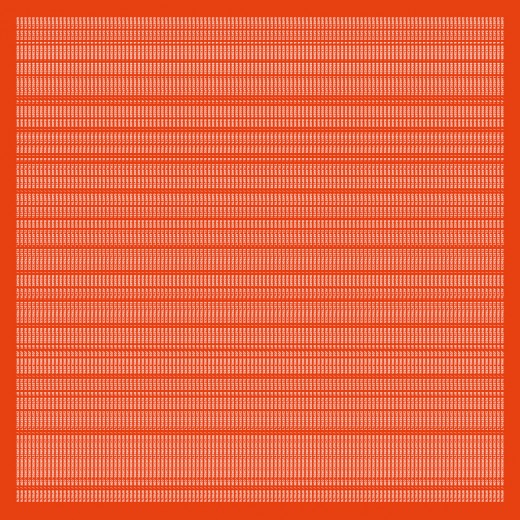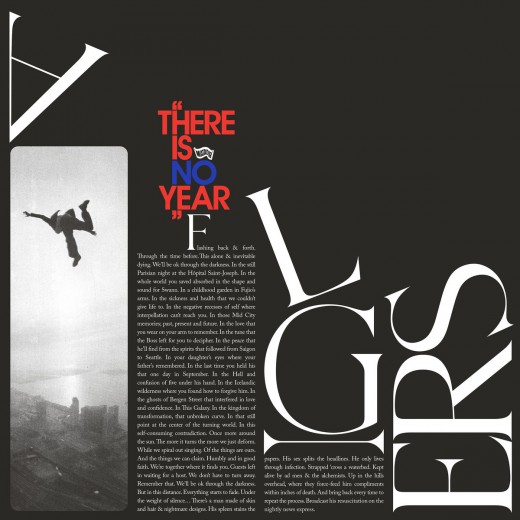To be rich in friends is to be poor in nothing, or so the saying goes. Given how barely anyone who dedicates their life to experimental music ends up rich, perhaps the success of such musicians should be measured by their influence and the connections they create. Of course, such an idea cannot be measured quantitatively, but if one were to do that, collaborations could be a handy metric. And by that standard, Masami Akita, or Merzbow to you and I, would take some beating. An exhaustive rundown of his collaborations would be too exhausting to list, but in the past five years alone it has included Xiu Xiu, Thurston Moore, Boris, and Sun Ra. Now, add to that Broken Landscapes, his second collaboration with English clarinet player Gareth Davis.
Opener ‘Dogger Bank’ starts off with a sound that evokes the rotation of mechanical blades from a turbine. This sound breaks down quickly, however; the familiar whirring becoming overwhelmed with feedback before it begins to be attacked by shrieks of sheet metal and white noise. This sets a pattern for the rest of the album, as each piece builds slowly from an initial statement of intent to cacophony. Broken Landscapes is stated to be an exploration of the destructive effects humanity has on the environment, from the inconsideration towards other forms of life (‘Yabata Frog’) to more grey area of those projects that may be necessary for our survival as a species (‘Dogger Bank’ shares its name with a proposed wind farm site off the English coast). Each track’s steady build to chaos is highly evocative of impending environmental disasters, but it is crucial that each song begins from a point of noise, given that we are already living within this reality.
As the noise elements are the most pervasive aspect of this release (and any instances of clarinet are very hard to discern), it makes sense to grade it within the Merzbow canon. While their previous collaboration, 2016’s Atsusaku, hewed much closer to the more overwhelming abrasiveness that Merzbow is best known for, this release hews a different path. Sonically, it fits somewhere between 2010’s Merzbient and 2018’s collaboration with Hexa, Achromatic, making it far from the most impenetrable Merzbow release, and the relative lack of density makes each distorted screech feel even more oppressing. Closing track ‘Inland Empire’ is the best example of this, as it opens with droning siren over a regular bass pulse, bringing to mind Pharmakon at her claustrophobic best. These elements act as a framework around which the tension is agonisingly built up over the course of 16 minutes. The piece falls away to silence unexpectedly quickly at the end, but the effect remains.
For all the importance of the messages conveyed here, experimental noise music is probably not the most efficient way of getting it out to the general public. As a way of expressing the anxiety and existential dread that comes from the denigration of the natural world, however, it’s hard to think of a better approach. Will Abbott





